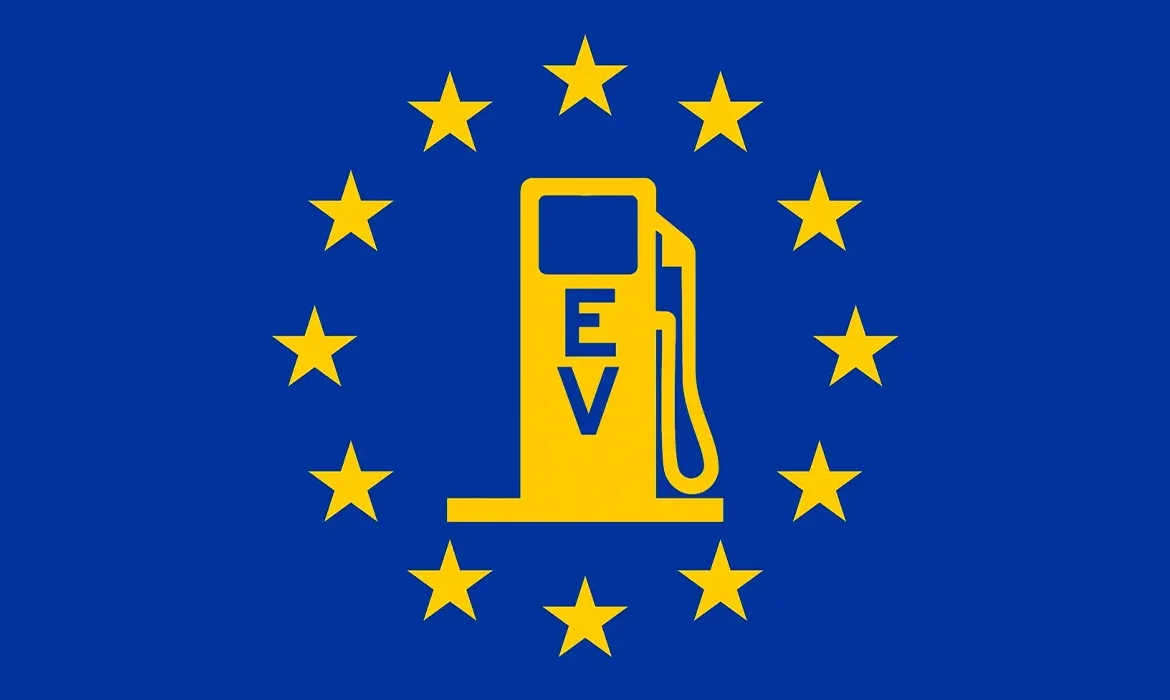Breaking News: EU Announces Sale of Internal Combustion Engine Cars Allowed from 2035, but Only if They Run on Electric Fuel
The European Union has just announced a major change in policy regarding the sale of cars with internal combustion engines. Starting in 2035, the EU will allow the sale of these vehicles, but only if they run on electric fuel.
This announcement marks a significant shift in the EU’s climate policies, as it seeks to phase out traditional gasoline and diesel-powered vehicles in favor of more sustainable options. The move comes as part of the EU’s ambitious plan to reduce greenhouse gas emissions by at least 55% by 2030 and reach net-zero emissions by 2050.
The new policy requires that all new cars sold in the EU from 2035 onwards must either be fully electric or run on a hybrid system that combines an electric motor with an internal combustion engine that uses electric fuel. This means that cars with traditional gasoline or diesel engines will no longer be allowed for sale in the EU after 2035.
The decision was met with mixed reactions from industry experts and environmental groups. While some praised the move as a crucial step towards a more sustainable future, others expressed concern about the feasibility of transitioning to electric vehicles within the next 14 years.
EU Commissioner for Climate Action, Frans Timmermans, defended the decision, stating that “we need to act now if we want to protect our planet for future generations. This decision sends a clear signal to the automotive industry and consumers that the EU is committed to a cleaner, greener future.”
The announcement comes as several major automakers have already begun to shift towards electric vehicles, with companies such as Tesla, Volkswagen, and General Motors leading the charge. The new policy is expected to accelerate this trend and encourage further investment in electric vehicle technology.
Overall, the EU’s decision to allow the sale of internal combustion engine cars from 2035, but only if they run on electric fuel, is a significant step towards a more sustainable transportation sector. As the world continues to grapple with the urgent challenge of climate change, initiatives like this will be crucial in driving the transition to a cleaner, more sustainable future.


